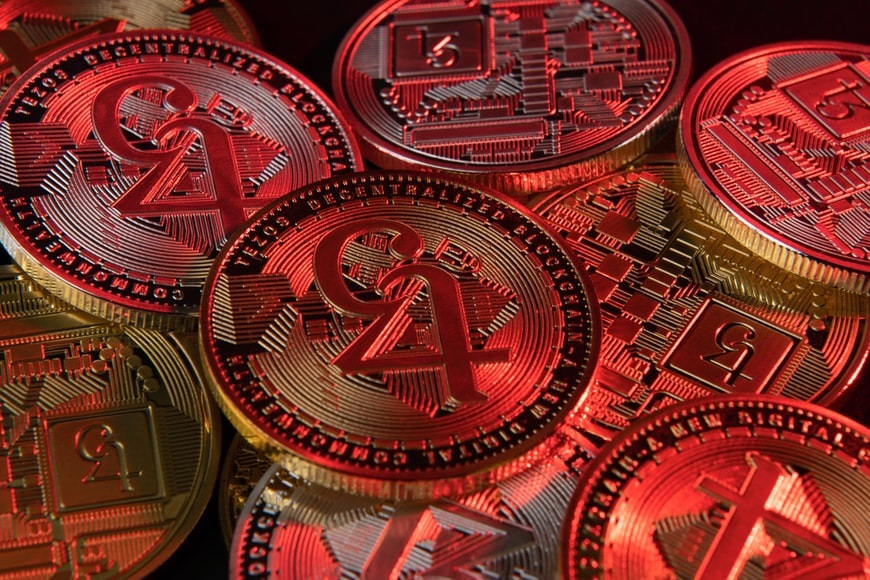KEY TAKEAWAYS
Peer-to-peer refers to the exchange or sharing of information, data, or assets between people without the involvement of a central authority. Peer-to-peer (P2P) involves decentralized interactions among individuals and groups. This approach has been used in computers and networking (peer-to-peer file sharing), as well as with trading virtual currencies.
Peer-to-peer refers to the direct exchange of some asset, such as a digital currency, between individual parties without the involvement of a focal authority.
A stringent peer-to-peer exchange of currency was the essential objective driving the creation of Bitcoin; the most extensively used digital cryptocurrency.
Peer-to-peer cryptocurrency exchanges can offer more privacy than traditional online transactions.
Understanding P-2-P (Virtual Currency)
In a digital peer-to-peer network, each user is (in principle) an identical owner and contributor to the network. This sort of network can be used for practically any sort of information or file-sharing. (One of the earliest mass uses of P2P networks was the now-outdated music-sharing service Napster).
With currencies, P2P alludes to the trading of cryptocurrencies, particularly Bitcoin,which was made fully intent on empowering unknown P2Ptransactions that don’t require processing by a financial institution. This required the use of encryption and the creation of blockchain technology to enable two parties to safely conduct a transaction without the need for a trusted third party.1
Blockchain can confer what P2P advocates view as a striking security advantage;with transactions recorded on every person’s network, it is incredibly troublesome even “computationally illogical”- to overwrite or distort ledgers in a crypto exchange.
Centralized ExchangesVS Peer-to-Peer
Truly peer-to-peer cryptocurrency transactions generally do not need the involved parties to provide identification, in this way safeguarding everybody’s protection. Most P2P exchanges allow the purchase of cryptocurrencies to be made with cash or other forms of exchange trade that help the assurance of protection.
However, not all cryptocurrency exchanges are really peer-to-peer. A considerable lot of them arecentralized exchanges subject to the guidelines or regulations of the nations in which members live. This implies that state run agencies, sometimes require the exchanges to collect data about users’ identities and transactions, resulting in an erosion of the privacy for which Bitcoin was meant to be.
While privacy advocates may appreciate how peer-to-peer currency exchanges permit people to direct business without government impedance, in the absence of transparency in digital currencies may allow individuals and groups engaged in illegal activities such as laundering money without discovery or oversight.
P2P Cryptocurrency Transactions-How they grew
Since the acceptance and adoption of cryptocurrencies grew significantly, more people are moving away from the centralized exchanges such as Coinbase and Binance and toward purely P2P exchanges,Such as coinbaazar.com also known as decentralized exchanges (DEX).

